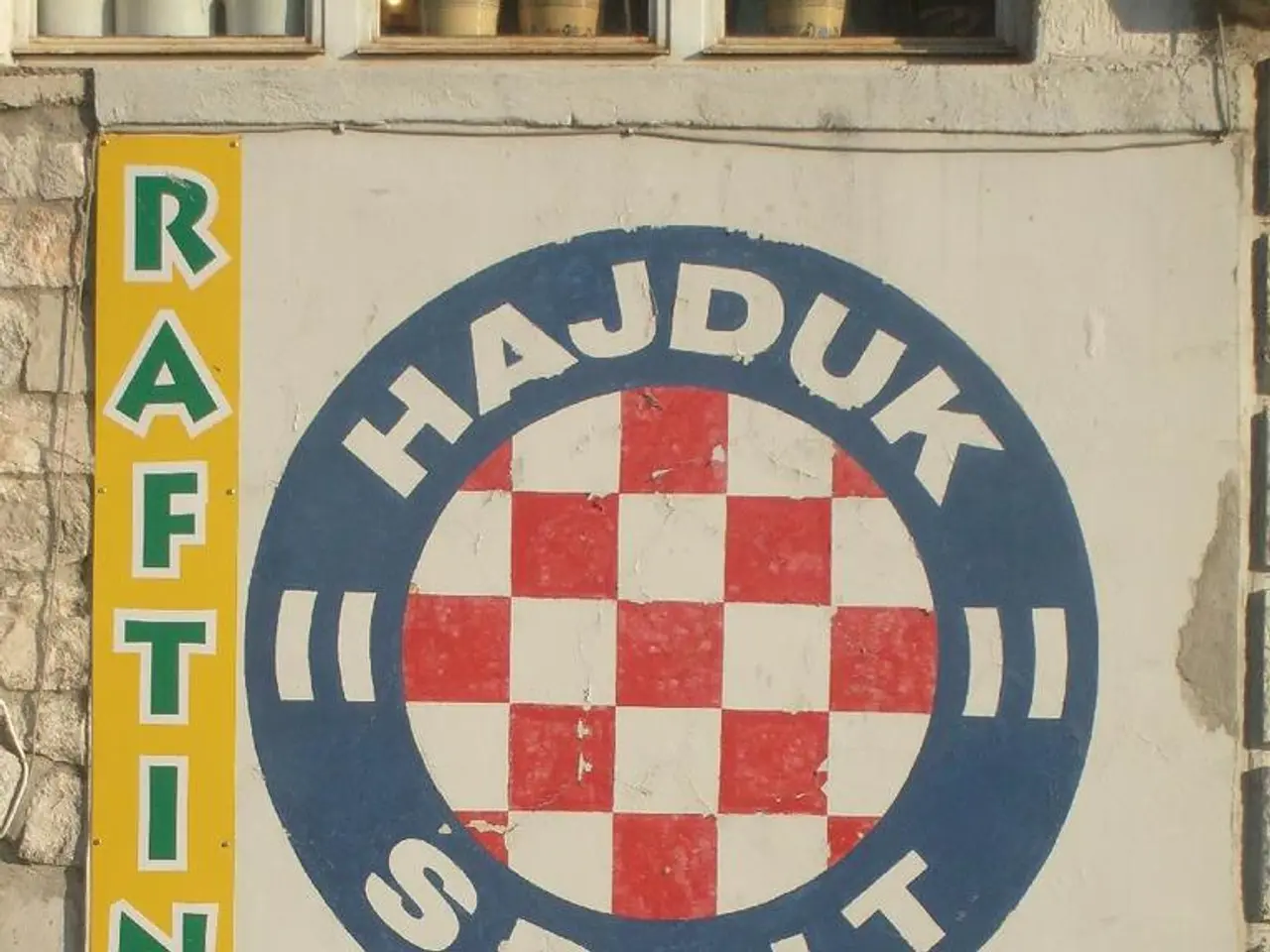France Cracking Down on Migrant Boats in the English Channel with Proactive Measures
France pursues measures to halt migrant vessels in the Strait of Dover - France Intends to Barricade Migrant Vessels in the English Channel
Get ready for a change in the English Channel as France plans to take a more proactive stance against migrant boats attempt to reach the UK. The new approach will allow French authorities to intervene much earlier, up to 300 meters off the coast, rather than merely responding under international maritime law during life-threatening situations.
The revised operating rules, presented by French maritime authority this summer, come in response to the common strategy employed by smugglers using "taxi boats"[1][5]. These boats ferry migrants from land to waiting vessels just offshore to evade French land patrols. The new initiative is designed to disrupt such operations.
This advance in border control is part of a joint effort by France and the UK to combat irregular immigration and smuggling networks in the Channel[1]. The UK government has previously expressed support for enhanced measures, including drone surveillance, elite patrol units, and intelligence cooperation to dismantle smuggling gangs[4].
The proposed intervention by French authorities does not transgress international maritime law or the UN Convention on the Law of the Sea (UNCLOS). According to the treaty, coastal states have sovereignty up to 12 nautical miles from their baseline, which includes authority over immigration controls[2]. The change instead represents a more assertive enforcement stance within territorial waters, consistent with UNCLOS provisions that allow coastal states to regulate passage and enforce laws in their territorial sea zones.
However, the new proactive measures raise debates about balancing border control, smuggling disruption, and the rights of migrants, including safe rescue and asylum access[5]. As always, it is crucial to ensure that the rights of those seeking refuge are respected while preventing illegal crossings.
In summary, France's updated operating rules signify a more assertive enforcement stance against migrant boats in the English Channel. This approach aims to disrupt smuggling operations and is within France's maritime sovereignty as defined by international law and the UN Convention on the Law of the Sea[1][5]. Keep an eye out for further developments!
- English Channel
- France
- Migrant boat
- Refugee boat
- Migrants
- AFP
- Drone surveillance
- Elite patrol units
- Intelligence cooperation
- Coastal state
- Territorial sea
- UNCLOS
- Sovereignty
- Smuggling networks
- Border control
- Immigration controls
- Asylum access
[1] BBC News. (2023, March 16). France to stop migrant boats in English Channel. Retrieved April 18, 2023, from https://www.bbc.com/news/world-europe-64787307
[2] United Nations Convention on the Law of the Sea (1982). Part III, Section 3. Retrieved April 18, 2023, from https://www.un.org/depts/los/convention_agreements/texts/unclos/unclos_e.pdf
[3] The Economist. (2022, August 13). The long walk to the English Channel. Retrieved April 18, 2023, from https://www.economist.com/europe/2022/08/13/the-long-walk-to-the-english-channel
[4] The Guardian. (2022, July 21). UK supports new French plans to stop migrant boats in English Channel. Retrieved April 18, 2023, from https://www.theguardian.com/world/2022/jul/21/uk-supports-new-french-plans-to-stop-migrant-boats-in-english-channel
[5] Migrant-rights.org. (2023, April 15). France’s revisited Channel approach: Understanding the interception of migrant boats. Retrieved April 18, 2023, from https://migrant-rights.org/2023/04/15/frances-revisited-channel-approach-understanding-the-interception-of-migrant-boats/
The Commission, in light of the ongoing political issue of migrant boats attempting to reach the UK through the English Channel, has decided to initiate a procedure for the adoption of a decision on the conclusion of an agreement to enhance border control measures. This decision is part of a broader general-news landscape, where both France and the UK are collaborating to combat irregular immigration and smuggling networks in the English Channel.






